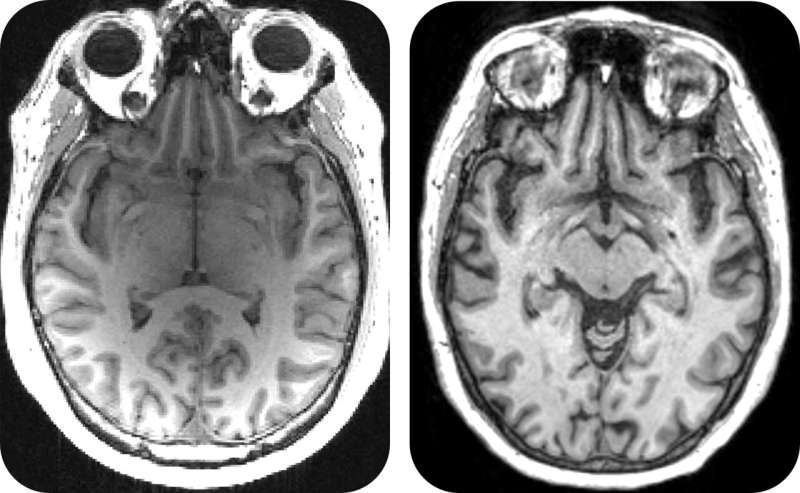Using AI allowed the team to split trial participants into two groups: either slowly or rapidly progressing towards Alzheimer’s disease. They could then look at the effects of the drug on each group.
The work appears in Nature Communications.
More precise selection of trial participants in this way could help select patients most likely to benefit from treatment, with the potential to reduce the cost of developing new medicines by streamlining clinical trials.
The AI model developed by researchers at the University of Cambridge predicts whether and how quickly people at early stages of cognitive decline will progress to full-blown Alzheimer’s. It gives predictions for patients that are three times more accurate than standard clinical assessments based on memory tests, MRI scans and blood tests.

